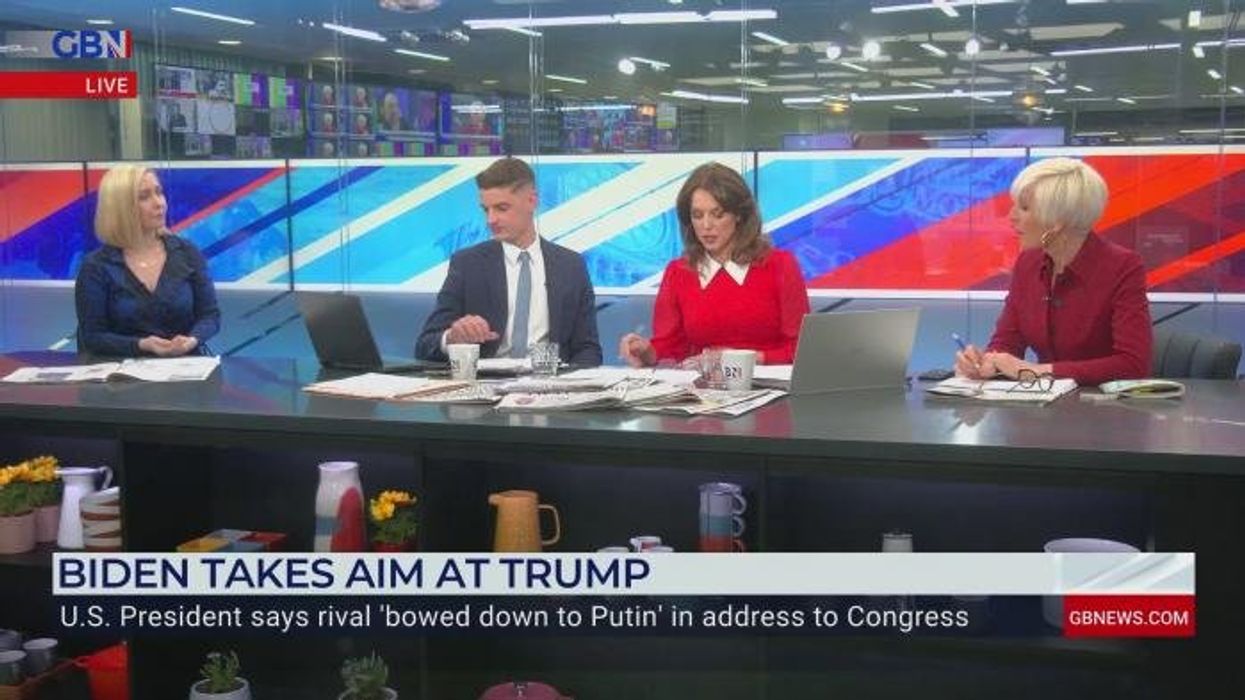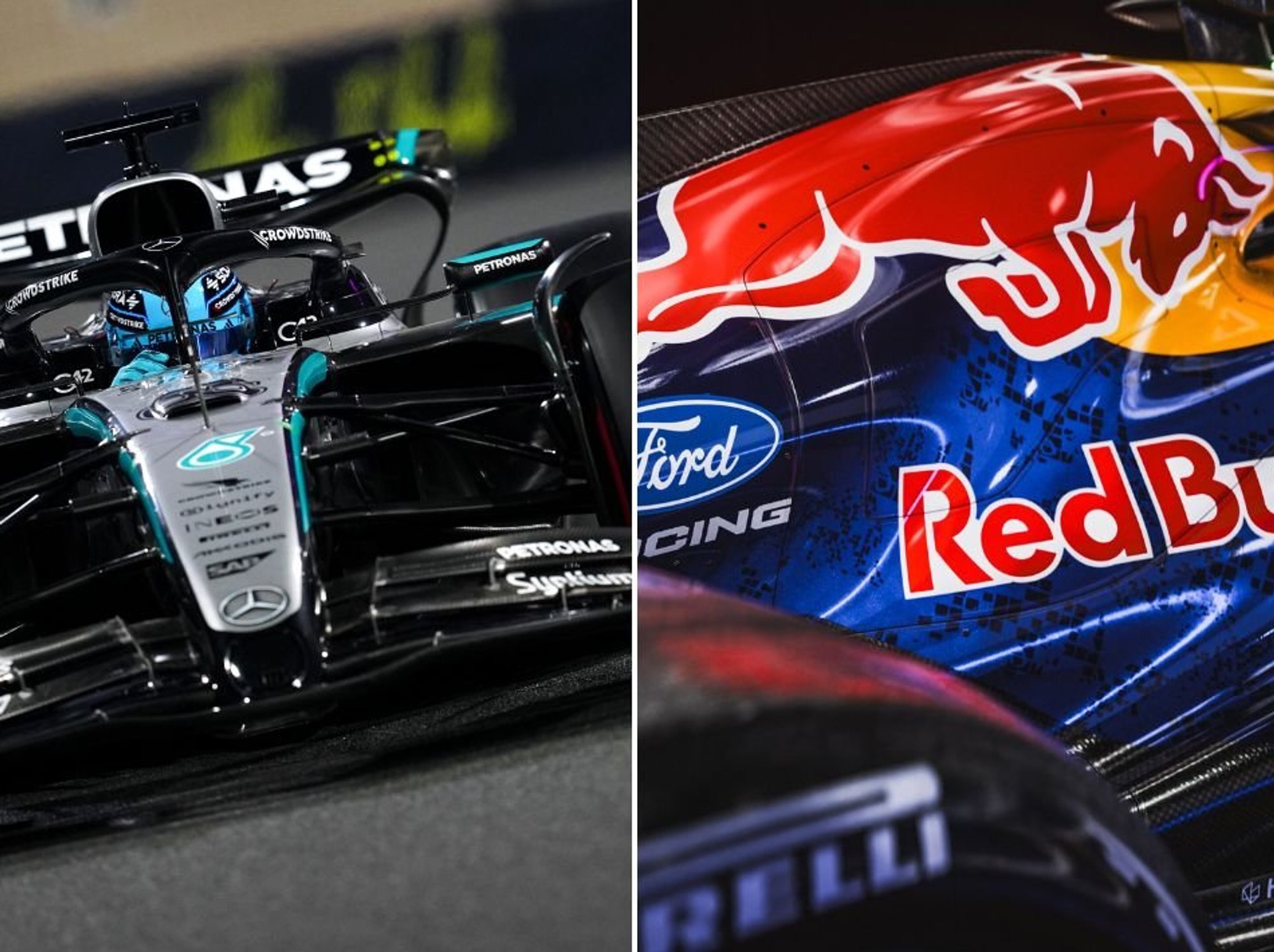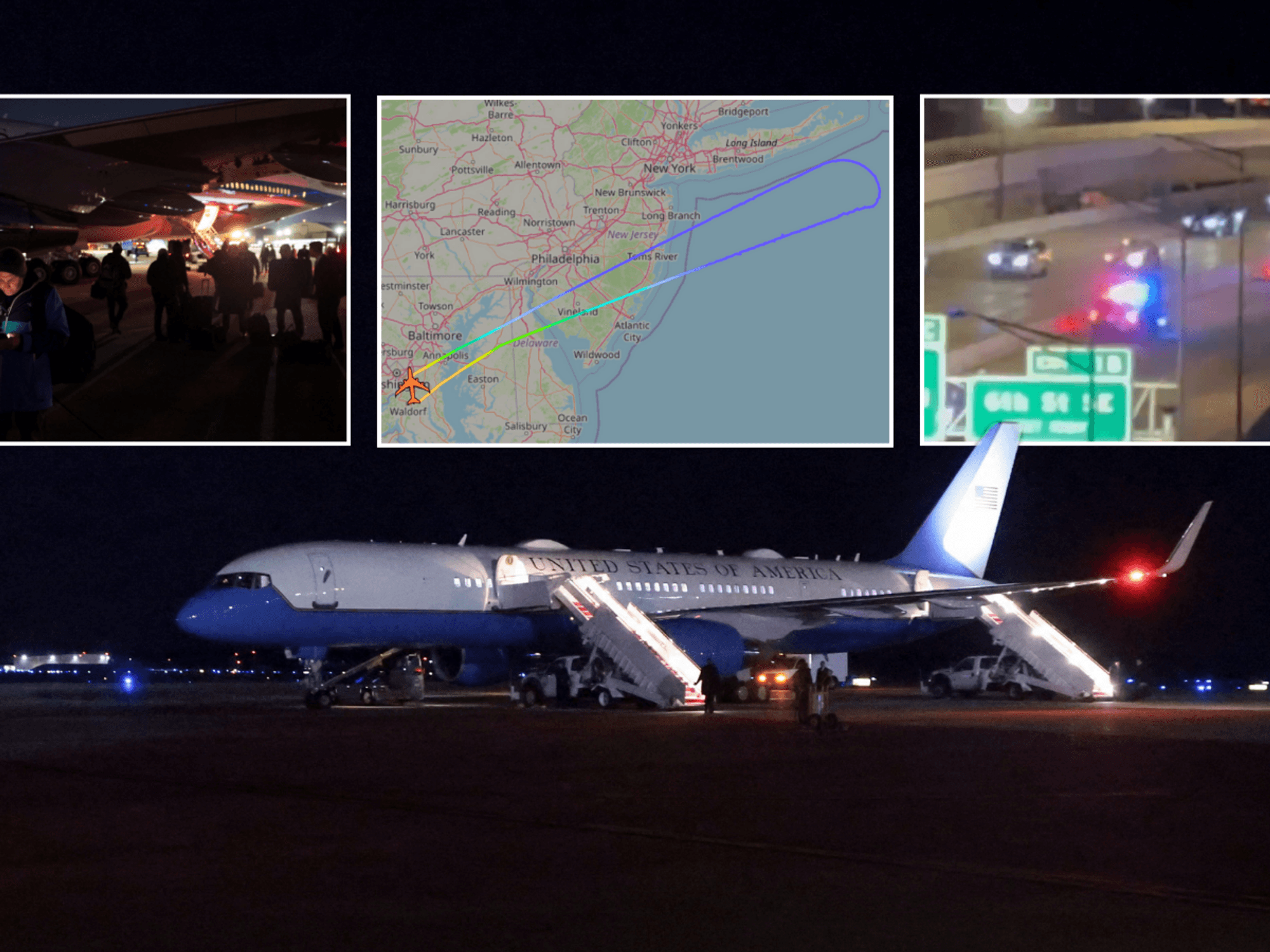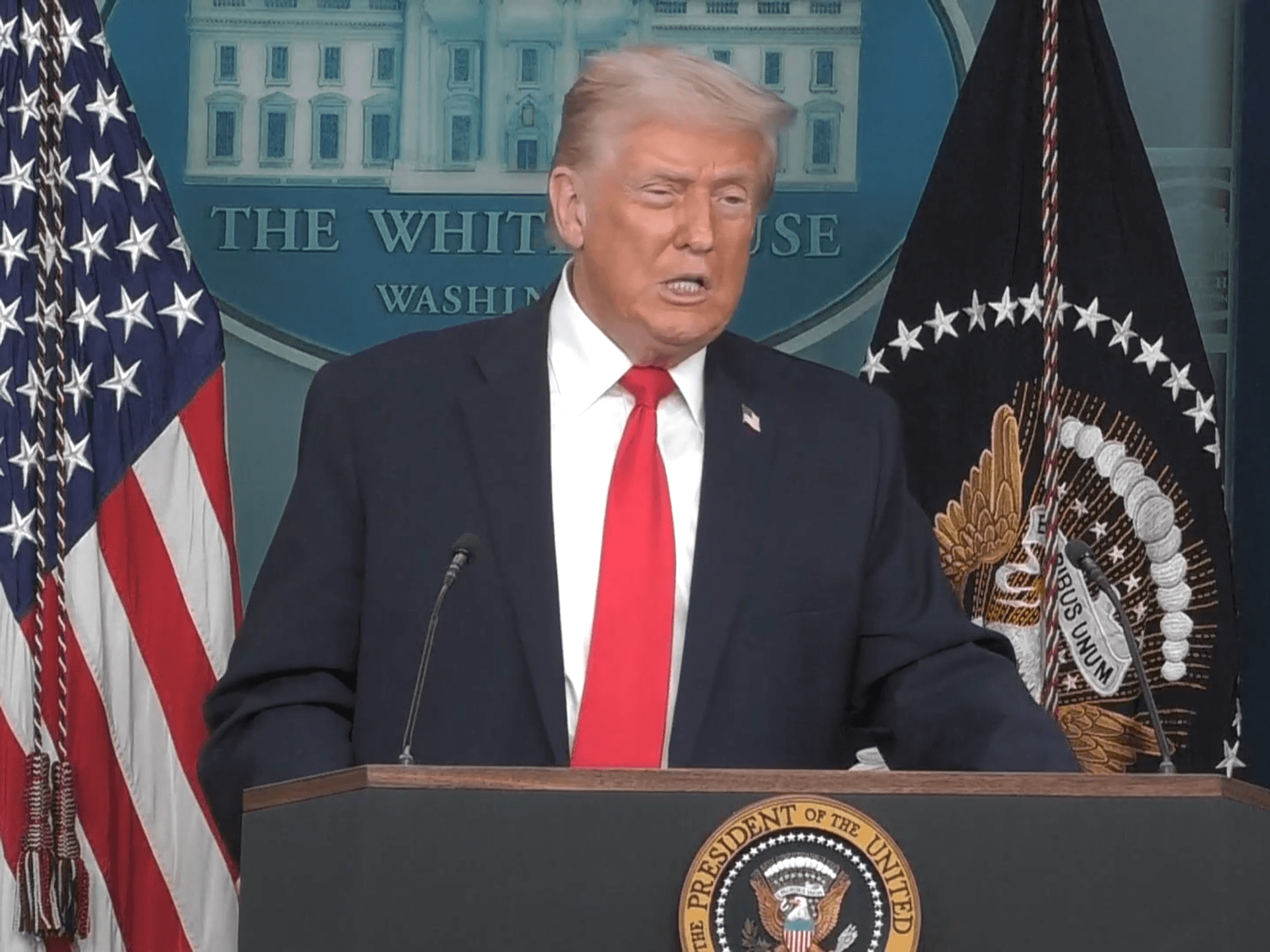New road charges and parking costs hit drivers' wallets as daily fees impact travel on vital routes

The Dartford Crossing increased on September 1 by 40 per cent
Don't Miss
Most Read
Drivers have been slapped with more traffic penalties this year due to increasing parking surveillance and Clean Air Zones across the UK.
According to experts, 20 per cent of all fleet driving penalties were from Dartford Crossing charges, which increased its fee on September 1.
Private parking fines were also key contributors to fleet fines, accounting for 35.5 per cent of total fines recorded between August and October this year.
Elsewhere, speeding offences were seen to take up 14.5 per cent of all fleet fines during the period, up from 13 per cent in 2024.
TRENDING
Stories
Videos
Your Say
Experts at Hudson Kapel explained that the surge in penalties was due to the rollout of more Automatic Number Plate Recognition cameras and greater use of artificial intelligence technology.
Research also found that council-issued parking fines were prominent for 8.5 per cent of all fleet fines during the period, down from 12 per cent.
Experts warned that the expansion of Clean Air and Low Emission Zones across the UK has increased the pressure of fines on fleets.
In London alone, drivers pay extortionate travel costs, including daily Ulez charges of £12.50 and Congestion Charge fees of £15. Outside of the capital, Clean Air Zone fines vary between £8 in Birmingham, but can increase to as much as £60 in Scotland for Low Emission Zone fines.
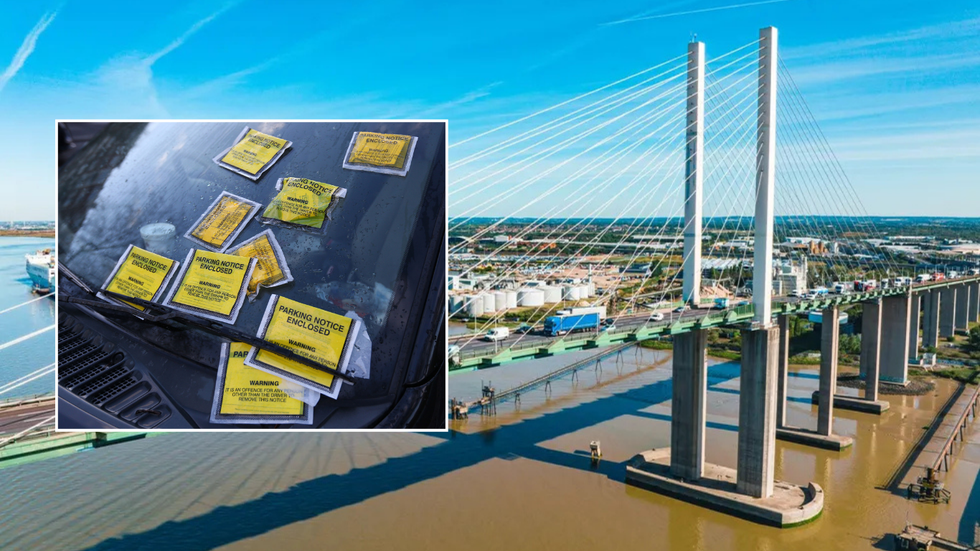
Professional drivers have been hit with more traffic offences between August and October
|GETTY/PA
Simon Withey, managing director at Hudson Kapel, said: "The volume of fines keeps rising, and it's not just hitting drivers' wallets.
"For companies running big fleets, it's an operational grind. Every penalty needs to be identified, checked, and assigned to the right driver."
The Dartford Crossing saw its daily charge increase by £1 in September, with drivers now paying £3.50 for one-off payments or £2.80 for account holders per crossing.
Transport Minister Lilian Greenwood said at the time: "I am aware that these necessary changes to the charges will be unwelcome news for users of the crossing."
LATEST DEVELOPMENTS:
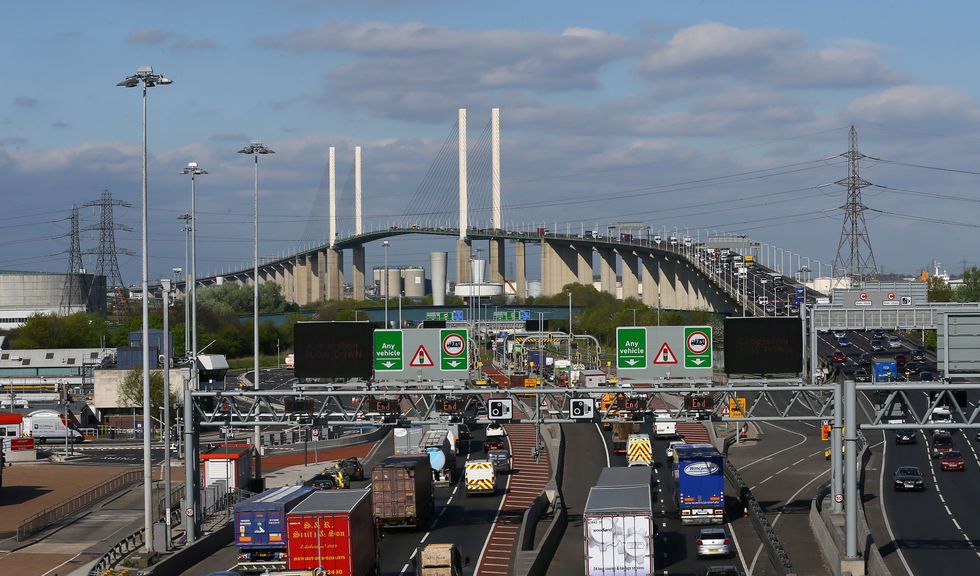 The Dartford Crossing increased its fees by 40 per cent on September 1 | PA
The Dartford Crossing increased its fees by 40 per cent on September 1 | PAThe Labour MP for Nottingham South explained that the Government would continue to support local people through the local resident discount scheme and hoped to keep the nominal fee paid by local people "as low as possible" due to many people relying on the crossing to get around.
The Dartford fee for HGV and professional drivers has increased to £8.40, making travel increasingly more expensive, with drivers having no other option but the pay.
The Road Haulage Association had previously warned that increasing the crossing fee would add huge amounts to driving costs and come at an "already financially challenging time for many businesses and ultimately pushes up prices for consumers".
Mr Withey added: "The sheer volume makes compliance and efficiency a daily challenge. As more cities roll out new enforcement zones, the numbers will keep rising.
"The key for fleet operators is to get ahead of it - use tech, engage drivers and stop the admin from spiralling out of control."
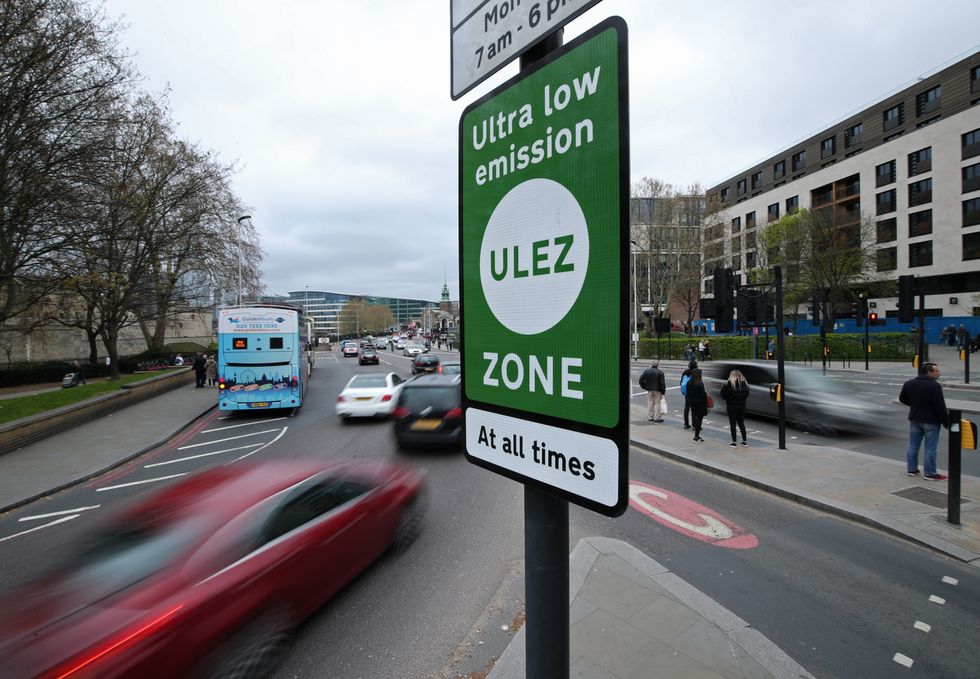 Non-compliant vehicles are charged £12.50 to drive in the Ulez | PA
Non-compliant vehicles are charged £12.50 to drive in the Ulez | PAAnalysis by Geotab released last month also revealed that during the first week of the new changes, huge delays were seen, with average journeys taking more than three minutes on average, nearly 50 seconds slower than the same journey taken in the summer.
Abhinav Vasu, Associate Vice President, Solutions Engineering EMEA at Geotab, shared: "The toll rise has had little to no effect on the number of vehicles using the crossing; it simply amplified existing patterns, pushing more flexible trips into the night but leaving peak-hour congestion unchanged.
"Drivers are paying more but still queuing just as long and, in some cases, longer. For many lorry drivers and commuters, the Dartford Crossing is unavoidable, and the toll increases have only added another financial burden."
Mr Vasu warned that the toll rise failed to ease pressure on the crossing and instead "simply added cost on top of congestion".


